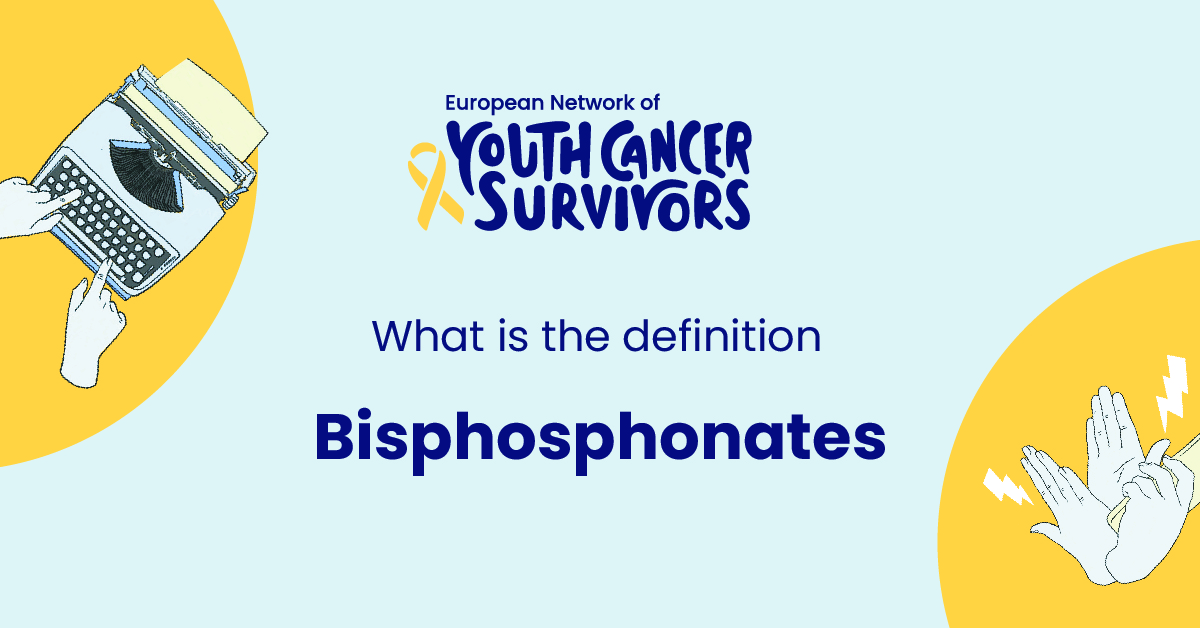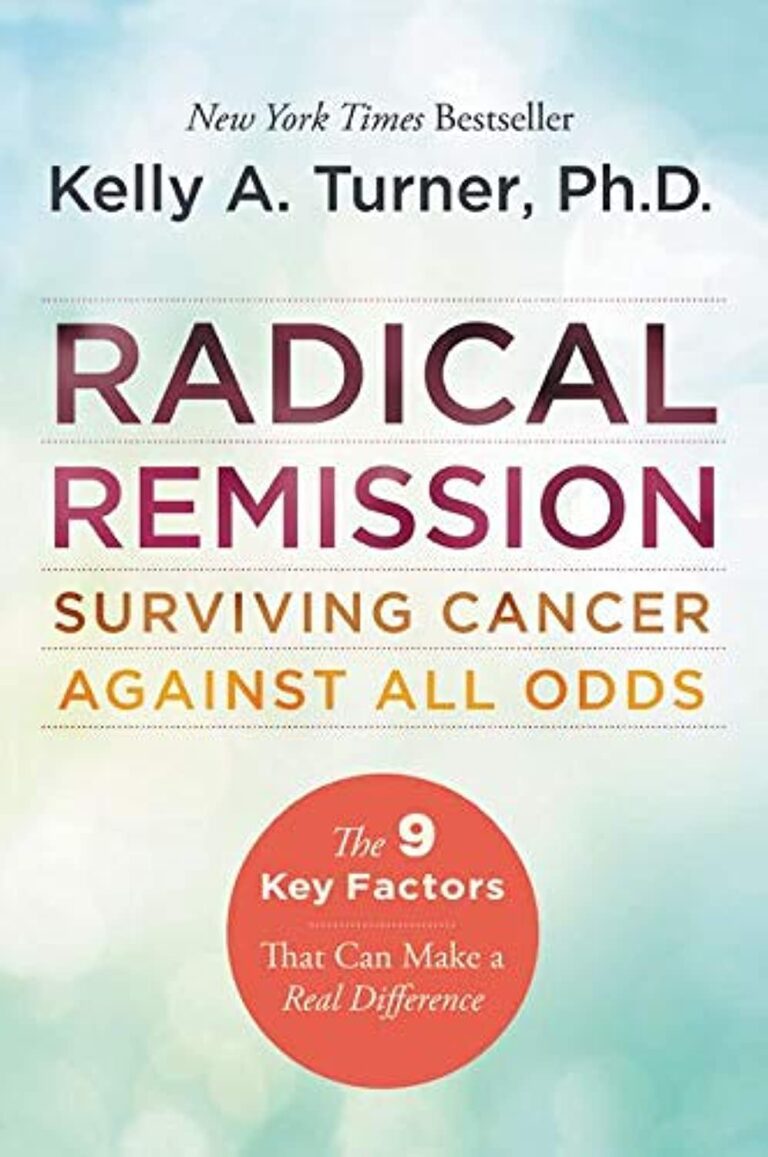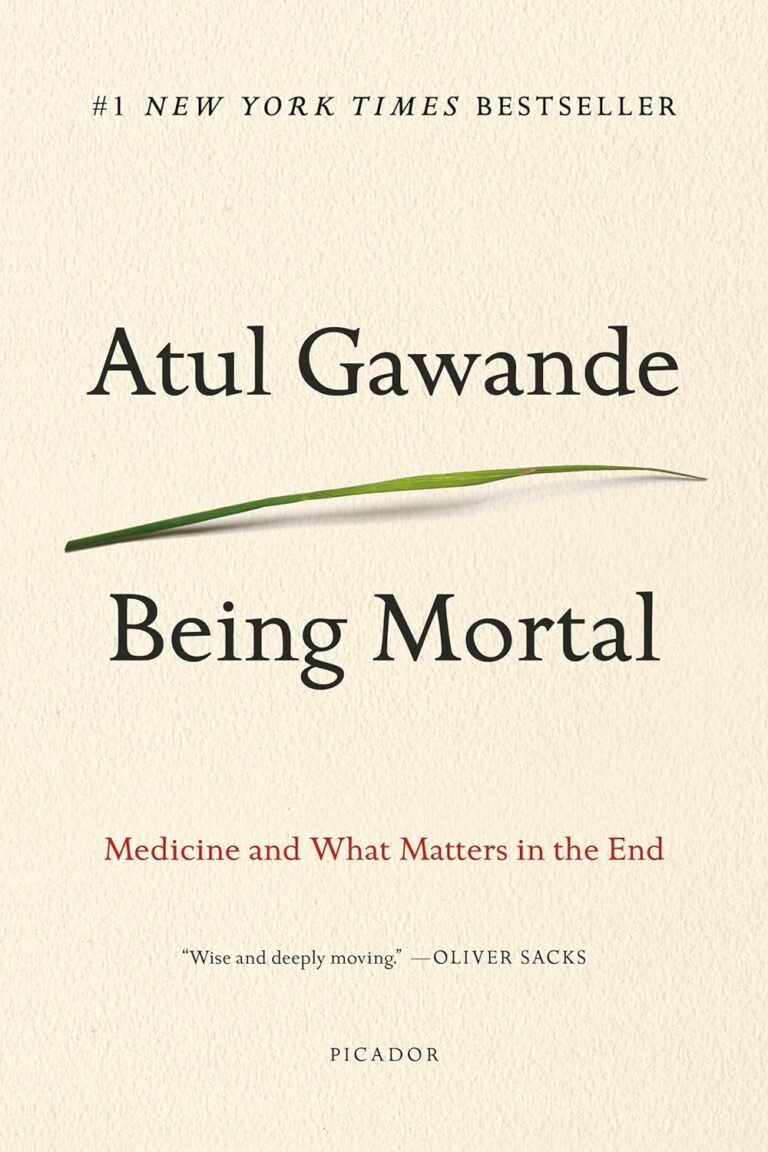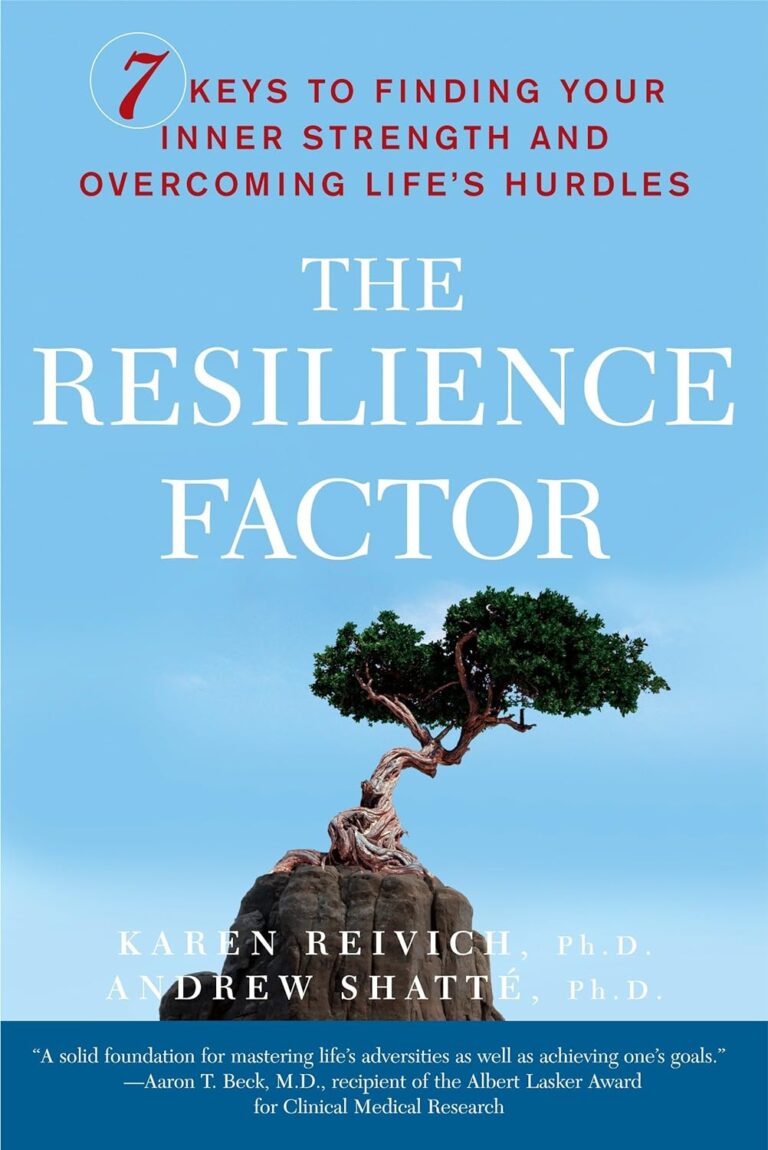
The scientific and medical terminologies can be a tad challenging to navigate for those without a background in the field. However, it’s essential to make sense of these terms to understand various health conditions and treatments better. This article will focus on a crucial category of medications, known as bisphosphonates, used comprehensively in maintaining bone health.
Bones are living tissues that constantly remodel in response to the wear and tear of everyday life. Ensuring optimal bone health is crucial for functions ranging from movement to organ protection. Nevertheless, specific diseases compromise this bone remodeling mechanism, causing a loss of bone mass and eventually leading to conditions like osteoporosis. That’s where bisphosphonates play a significant role.
Unraveling Bisphosphonates: What Are They?
Bisphosphonates are a class of drugs specifically designed to slow or halt the loss of bone mass. They function by decreasing the activity of osteoclasts, the cells responsible for bone breakdown, thus aiding in preserving bone strength and integrity.
The science behind bisphosphonates dates back to the 1960s when they were first utilized for their detergent properties. However, it was quickly discovered that they had the ability to bind to bone mineral surfaces, influencing bone remodeling and formation in the process.
The Origins of Bisphosphonates and Their Scientific Validation
The discovery and eventual clinical employment of bisphosphonates presented a landmark moment in bone health therapeutics. Their bone-preserving properties were first discovered in studies involving rats and cement workers, leading to further examination of their potential medical application.
Over the years, multiple rigorous scientific studies have definitively supported the use of bisphosphonates in several bone health conditions. They have been proven beneficial in managing osteoporosis, Paget’s disease, bone metastasis, and other related conditions.
The Functionality and Crucial Medical Applications of Bisphosphonates
Understanding how bisphosphonates work requires a brief excursion into the mechanics of our skeletal system. Our bones are not static, but dynamic, fluctuating entities undergoing continuous cycles of construction and destruction, involving cells called osteoclasts and osteoblasts. By inhibiting osteoclast activity, bisphosphonates ensure that the construction phase prevails, thus preserving and even increasing bone density.
Given this mechanism, the list of medical conditions where bisphosphonates are used is extensive. They’re highly effective in treating osteoporosis, myeloma, Paget’s disease, and certain cancers that have spread to the bone, to mention a few.
Decoding the Different Types of Bisphosphonates
Bisphosphonates come in various forms, each designed for specific medical conditions and patient needs. Some common types include Alendronate (Fosamax), Risedronate (Actonel), Ibandronate (Boniva), and Zoledronic acid (Reclast).
Despite all essentially functioning to enhance bone strength, each of these bisphosphonates differs in their potency, dosage, route of administration, and specific clinical indication.
Get to know us better
If you are reading this, you are in the right place – we do not care who you are and what you do, press the button and follow discussions live

The Risks and Side Effects of Bisphosphonates
Despite their therapeutic value, bisphosphonates do carry potential side effects. Common reactions may include gastrointestinal troubles, joint pain, and infrequent allergic responses. More serious, albeit rare, risks such as osteonecrosis of the jaw and atypical femur fractures have also been reported with long-term usage.
As with any medication, the balance between benefits and risks must be individually assessed based on the patient’s condition, overall health, and other risk factors.
Zooming Into the Research on Bisphosphonates
A wealth of research studies have substantiated the role of bisphosphonates in managing a plethora of bone disorders.
Major findings emphasize bisphosphonates’ efficiency in reducing fracture risks, managing cancer-induced bone disease, and improving survivors’ quality of life. This holds immense implications for global healthcare, given the vast number of individuals living with bone health issues.
Bisphosphonates: Exploring the Present and Future
Recent advancements in bisphosphonate-based healthcare have unearthed promising paths beyond traditional bone health. Noteworthy examples include their potential role in cardiovascular health and dental applications.
The future of bisphosphonates seems richly promising, with ongoing research exploring further applications and improved therapeutic modalities. The evolution of this class of drugs and its impact is poised to revolutionize a substantial part of healthcare services.
FAQs:
- What are Bisphosphonates and why might I need them?
Bisphosphonates are a type of medication that slows or stops the loss of bone mass. They are often used in the treatment of conditions that affect bone health, such as osteoporosis or bone metastases from cancer.
- Are Bisphosphonates safe to use long-term?
While bisphosphonates are generally safe, they can have side effects with long-term use, including gastro-intestinal issues, joint pain, and rare but serious complications like osteonecrosis of the jaw or atypical femur fractures. It’s crucial to discuss the risk-benefit ratio with your healthcare provider.
- What are the most common side effects of Bisphosphonates?
The most common side effects include nausea, abdominal pain, and heartburn. Most side effects are mild and manageable with adjustments in dosage or administration methods.
- What should I know about the different types of Bisphosphonates?
There are various types of bisphosphonates, each created for specific health conditions and patients’ needs. Your healthcare provider will help decide which bisphosphonate is best suited for your condition based on potency, dosage, and route of administration.
- How are Bisphosphonates used in modern medicine?
Bisphosphonates are used extensively in modern medicine to treat various bone diseases, including osteoporosis, Paget’s disease, certain cancers, and more. They’re valued for their ability to slow down bone breakdown, thereby improving bone strength and density.

















Comments
Thank you. Comment sent for approval.
Something is wrong, try again later